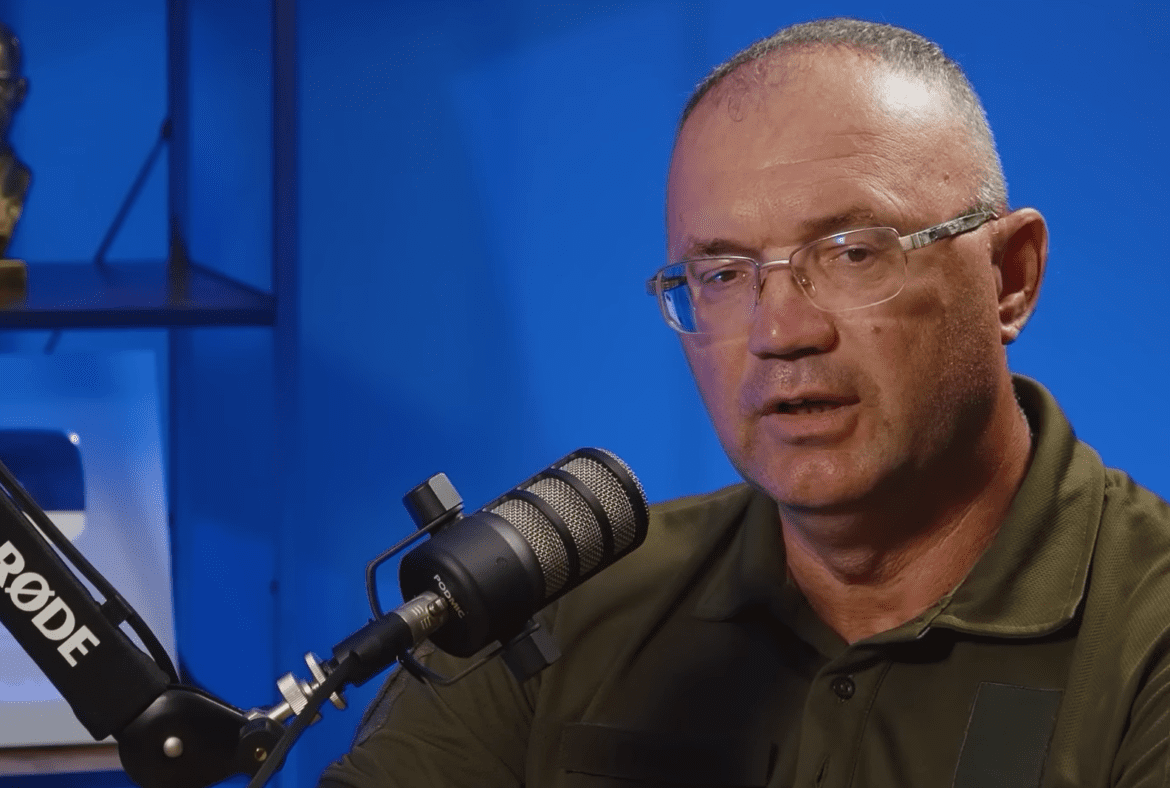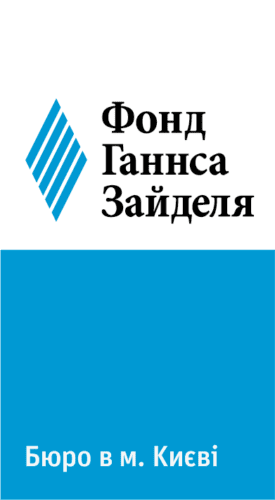The liberation of Odesa from the “plague of the Russian world” was a landmark event in the fight against Russian influence. Serhiy Hutsaliuk, a well-known historian, Armed Forces officer, and participant in the revolutionary events, emphasizes that the idea of Odesa as a Russian city is a modern myth created by Russian Nazi propaganda.
He spoke about this to the 10 Questions to a Historian channel.
Russian influence and propaganda
Hutsaliuk emphasizes that the liberation of Odesa from Russian influence is a significant step in overcoming the stereotypes imposed. He notes that ATV’s journalists have become ideologues and propagandists, promoting a specific agenda instead of objective coverage of events.
According to Hutsalyuk, ATV played a significant role in inciting hatred and creating an ideological basis during the Revolution of Dignity, which emphasizes the great influence of the media on shaping public opinion. He also argues that modern Russian propaganda far exceeds Nazi propaganda in its cruelty, creating a dangerous ideology that threatens people’s lives.
Historical significance and Ukrainian identity
Hutsaliuk also draws attention to the erection of a monument to Catherine II in Odesa, which he considers the culmination of the Russian World project. This indicates a desire to capture the city. However, the ideas of the “Russian world” in Odesa have been in decline since the beginning of the twentieth century, and now, thanks to Putin’s actions, they have been defeated.
He also emphasizes the importance of preserving historical heritage, mentioning the destruction of Ottoman architectural monuments by the Russian Orthodox Church in the 1990s. This emphasizes the disregard for historical preservation on the part of the Russian Orthodox Church.
Odesa played a significant role in the Ukrainian State and the Ukrainian People’s Republic. Battles took place on its streets, and the Odesa Haidamak Division was formed. Hutsaliuk emphasizes that the Ukrainian language in Odesa was harassed, and school charters were changed to remove Ukrainian and introduce Russian. This is evidence of the ongoing struggle for language rights in the region.
Ukrainian identity of Odesa
Hutsaliuk emphasizes that Odesa was never a Russian city, but rather an imperial city that remained Ukrainian even during tsarist times, with a majority Ukrainian population. The intellectual part of the movement, which included historians and educators, played a crucial role in preserving the Ukrainian spirit and spreading it among the population.
Thus, the liberation of Odesa from Russian influence and propaganda is a key moment in restoring historical justice and affirming Ukrainian identity.
Source: InfoLight.UA




